Both kids and adults can take ADHD medications, but many parents are torn about medicating young children due to potential side effects, especially when it comes to their long-term development. And let’s be real, meds don’t work the same for every kid. That’s why some parents turn to other natural remedies like proper nutrition, exercise, and supplements to help alleviate symptoms.
Below, we’re diving into some supplements that might help with ADHD symptoms, all backed by some legit research. It’s always a good idea to consult with your doctor before adding supplements to your overall treatment plan, as it’s not something most families can wing on their own.
Omega-3 Fatty Acids
Omega-3s are probably the most researched supplement for ADHD. Multiple studies have found that Omega-3s can help with hyperactivity, inattention, and impulsivity. [1] Trusted Website NCBI, US National Center for Biotechnology Information, is a trusted source of biotechnology and biomedicine information. Open the link → Omega-3s are a type of unsaturated fatty acid that offers various potential health benefits. Since our bodies can’t produce Omega-3s on their own, we’ve got to get them from our diet or supplements. The key players here are EPA and DHA, which are usually highlighted on product labels. The most common form? Fish oil.
While the ideal dosage is still up for debate, the general recommendation is that kids can take 1000 mg of EPA and DHA, teens can take up to 2000 mg, and adults around 1500 mg. The EPA content should be 1.5 to 2 times higher than DHA. Most Omega-3 gummies won’t cut it for these levels, so capsules or liquids are your best bet. If you’re vegetarian, algae oil (yeah, you read that right) is an option, but you’ll need a high dosage to get enough EPA and DHA from algae oil.
11,088 reviews
Starting at $24.76 on iHerb / Amazon
Nordic Naturals Ultimate Omega Capsules 1280mg
650mg EPA + 450mg DHA per serving
* Ratings and prices are accurate at the time of writing
Additionally, some small-scale studies indicate that phosphatidylserine might also be helpful for ADHD. [2] Trusted Website PubMed is a data base from US National Institutes of Health. It’s a trusted source of health and medical information. Open the link → Phosphatidylserine is a phospholipid that protects brain cells. This fatty substance helps transmit information in your brain, aiding memory and cognitive function. It can be taken as a supplement, either on its own or along with fish oil.
910 positive reviews
$25.75 on iHerb / Amazon
Doctor’s Best SerinAid Phosphatidylserine
100mg x 120 vegetarian capsules
Iron
Kids with ADHD often show low levels of iron. A 2014 paper by researchers from Qatar and the UK suggests that low serum iron, ferritin levels, and vitamin D deficiencies could be linked to ADHD. [3] Trusted Website NCBI, US National Center for Biotechnology Information, is a trusted source of biotechnology and biomedicine information. Open the link → Studies have already shown that iron is essential for normal brain function, and supplementing with iron can improve symptoms of ADHD.
Before you go pumping your kid full of iron, it’s wise to check their iron levels in the blood first. It’s a good idea to check both the iron levels in the red blood cells and ferritin levels; the former is usually normal in kids with ADHD, while the latter is often low or borderline. Research shows that the average ferritin level in kids with ADHD is 22, compared to 44 in non-ADHD kids.
13,181 reviews
$8.49 on iHerb / Amazon
Solgar Chelated Iron 25mg x 100 tablets
Opt for chelated iron products to avoid issues like constipation or stomach pain. After a few months of consistent use, recheck ferritin levels to see if they’re up to normal.
Zinc
Zinc doesn’t have as much research backing it up as Omega-3s and iron, but there are some promising findings. One study showed that taking zinc along with stimulant medications reduced the required stimulant dose by nearly 40% to achieve optimal effects. A meta-analysis published in 2021 in the journal Nature suggested that people with ADHD tend to have lower zinc levels and that screening for zinc levels in those with ADHD “could be reasonable.” [4] Trusted Website Nature.com is a trusted source of scientific research, news, and reviews. Open the link →
7,486 positive reviews
$9.96 on iHerb / Amazon
ChildLife Essentials Zinc+ Oral Liquid
4 fluid ounces (118 ml)
888 positive reviews
$9.96 on iHerb / Amazon
Nature’s Way Zinc Gummies 11mg
Berry flavored | 120 gummies
Supplementing your kid with 20-25 mg of zinc per day is generally considered safe.
Magnesium
Magnesium can help chill out hyperactivity and anxiety, making it easier to focus. If your kid gets that “Rebound Effect” after taking stimulant meds, magnesium might help with that. A study in 2020 showed that kids with ADHD who took vitamin D and magnesium supplements saw improvements in behavioral and social issues, as well as anxiety and shyness, compared to those who took a placebo. [5] Trusted Website NCBI, US National Center for Biotechnology Information, is a trusted source of biotechnology and biomedicine information. Open the link →
The “Rebound Effect” is what happens when the kick from stimulant drugs starts to wear off. When the meds exit your system too quickly, it could cause ADHD symptoms to come roaring back, sometimes worse than before. Symptoms may include extreme hyperactivity, irritability, sadness, and emotional lows. This rebound usually lasts about an hour and can make treatment more complicated.
Also contains Vitamin D, B6, CoQ10
Calms emotions, supports sleep
Kids can safely take 100-300mg of magnesium daily, preferably in the form of magnesium glycinate or chelate. Citrate is the most common form, but it could lead to diarrhea.
Vitamin D
A lot of American kids are seriously low on vitamin D. Recent studies show that kids with ADHD have even lower levels compared to other kids. [6] Trusted Website NCBI, US National Center for Biotechnology Information, is a trusted source of biotechnology and biomedicine information. Open the link → Another study shows that if a pregnant woman has low levels of vitamin D, her child has a higher chance of having ADHD. [7] Trusted Website PubMed is a data base from US National Institutes of Health. It’s a trusted source of health and medical information. Open the link → There’s no concrete evidence that giving kids with ADHD extra vitamin D will help their symptoms, but if your kid has ADHD, it’s a good idea to check their vitamin D levels and supplement if they’re low.
19,722 positive reviews
$5.57 at iHerb / Amazon
Natural Factors Vitamin D3 x 100 Chewable Tablets
Strawberry flavored | 10 mcg (400 IU)
Multi-Vitamins and Minerals
For kids with ADHD, it’s crucial to get a good mix of vitamins and minerals. A study on Hardy Nutrionals’ product Daily Essential Nutrients showed it could reduce functional impairments and improve issues like lack of focus, mood swings, and aggressive behavior. [8] Trusted Website NCBI, US National Center for Biotechnology Information, is a trusted source of biotechnology and biomedicine information. Open the link → But it doesn’t really do much for hyperactivity and impulsivity. Plus, it’s super pricey (bottle priced at $129.95), and you’re supposed to take up to 12 tablets a day! Its ingredients include vitamins A/C/D/E/K + B-vitamins + calcium/iron/phosphorus/iodine/magnesium/zinc and more. You might want to consider products with similar ingredients but at much lower prices, like the Nature’s Way Alive! Kids’ Multi-Vitamin Chewable Tablets below.
36,982 positive reviews
$13.50 at iHerb / Amazon
Nature’s Way Alive! Kids’ Multi-Vitamin Chewable Tablets
Contains A/C/D/E/B Vitamins and calcium/iron/iodine/magnesium/zinc and more
Ginkgo Biloba
Ginkgo leaves have been used to boost cognitive function for hundreds of years. Some small studies suggest it might help kids with ADHD. [9] Trusted Website PubMed is a data base from US National Institutes of Health. It’s a trusted source of health and medical information. Open the link → A double-blind study in 2015 looked at the effects of combining ginkgo and stimulant meds in kids and teens with ADHD. Some kids took ginkgo along with stimulant meds, while others took a placebo with their meds. The kids who took ginkgo performed better in parent and teacher evaluations, attention scores, and overall ADHD scores. [10] Trusted Website PubMed is a data base from US National Institutes of Health. It’s a trusted source of health and medical information. Open the link →
Boosts mood and attention | Vegan | Non-GMO
120mg x 60 chewables
Other Supplements and Cautions
St. John’s Wort is also often recommended for kids with ADHD. However, a study published in June 2008 in the Journal of the American Medical Association found it’s more helpful for mood disorders, not so much for ADHD. [11]
When it comes to the effectiveness of supplements for ADHD, it’s usually a matter of taking them for a while and then seeing if symptoms improve. Ideally, evaluations should be filled out by parents and teachers. These supplements aren’t miracle workers like meds can be. But the upside is, they usually have fewer and milder side effects. Consider them as a supplement to your overall treatment plan, which could include meds and other interventions. Keep an eye out for a while to see if they help.
Disclosure: We are an Amazon Associate. Some links on this website are affiliate links, which means we may earn a commission or receive a referral fee when you sign up or make a purchase through those links.
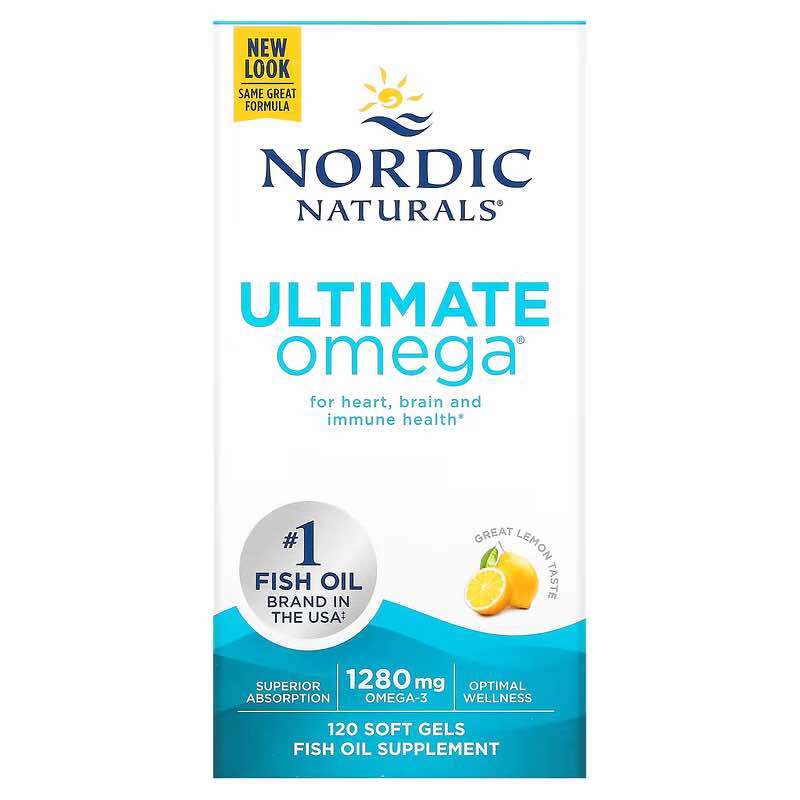
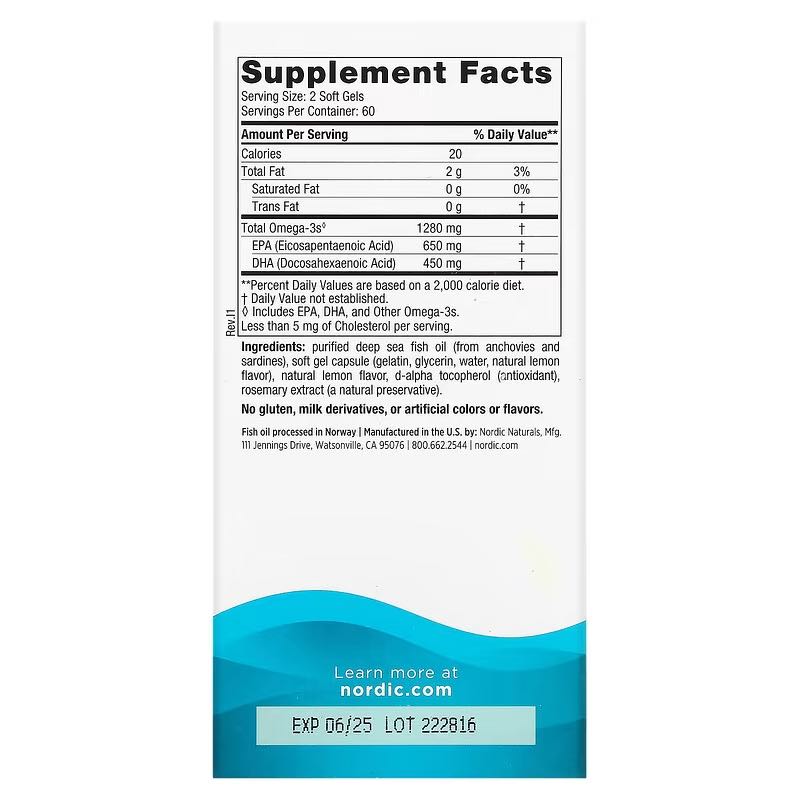
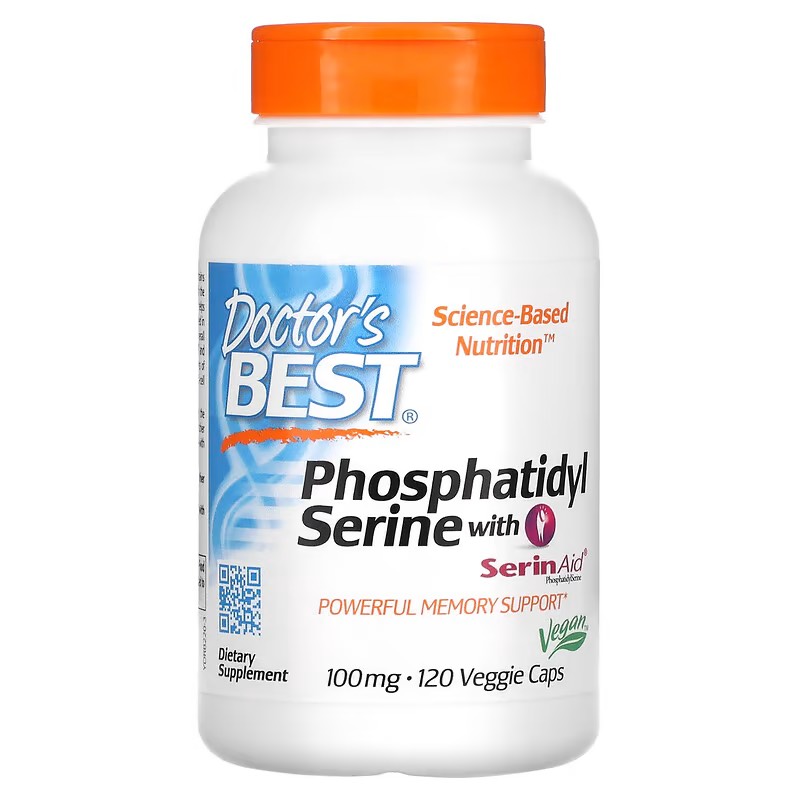
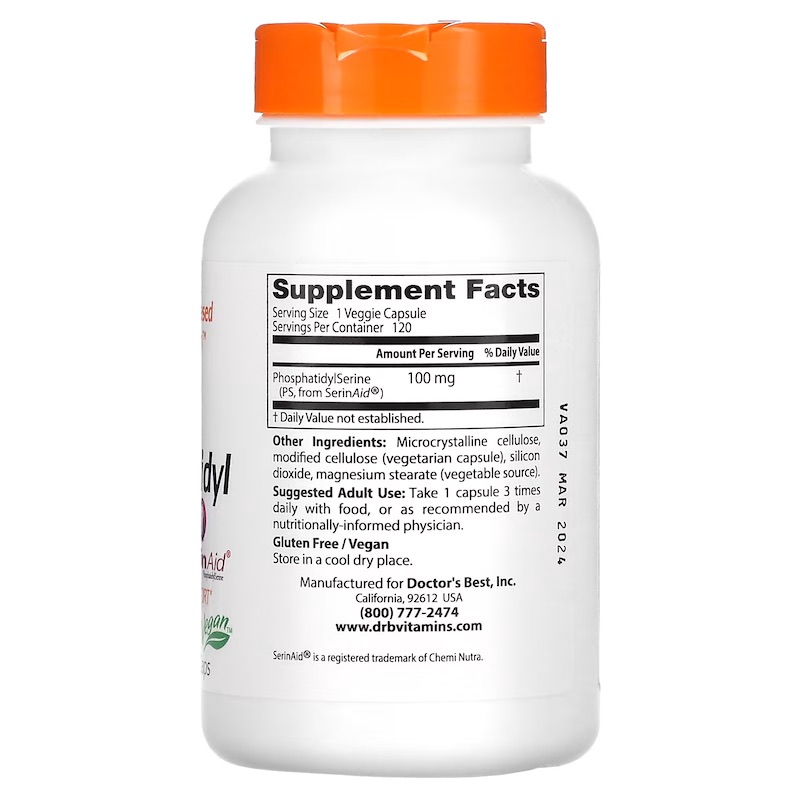
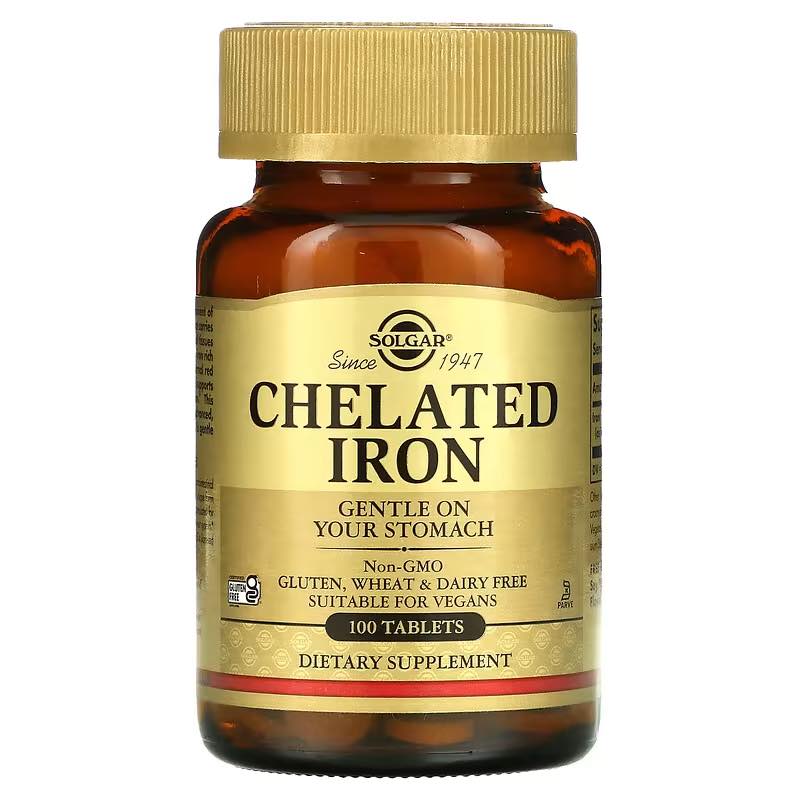
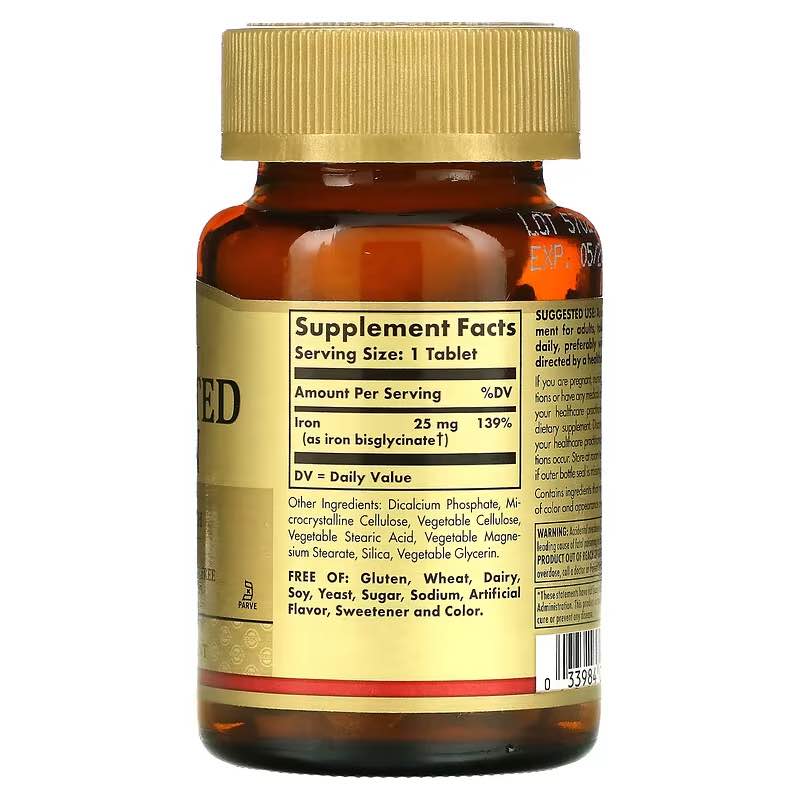


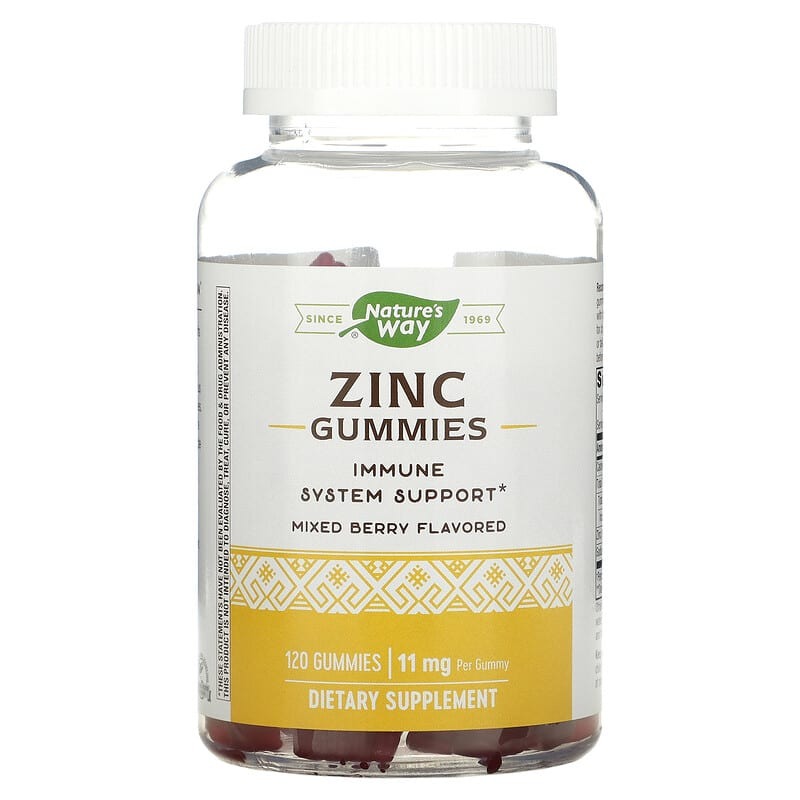
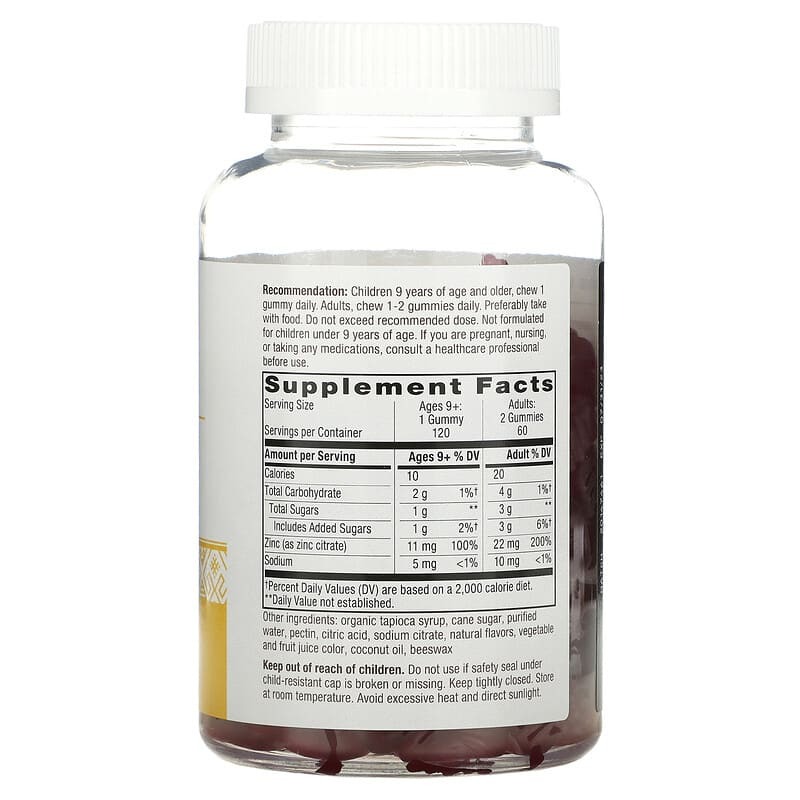
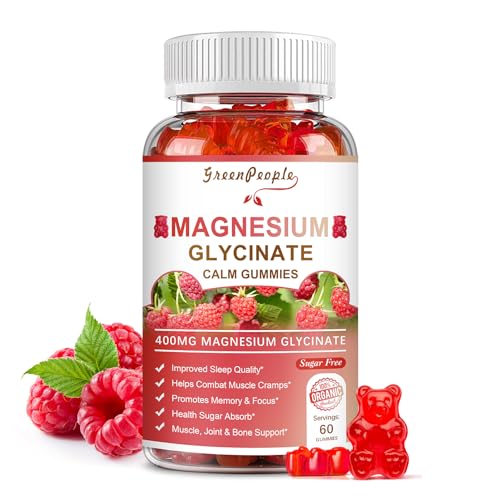
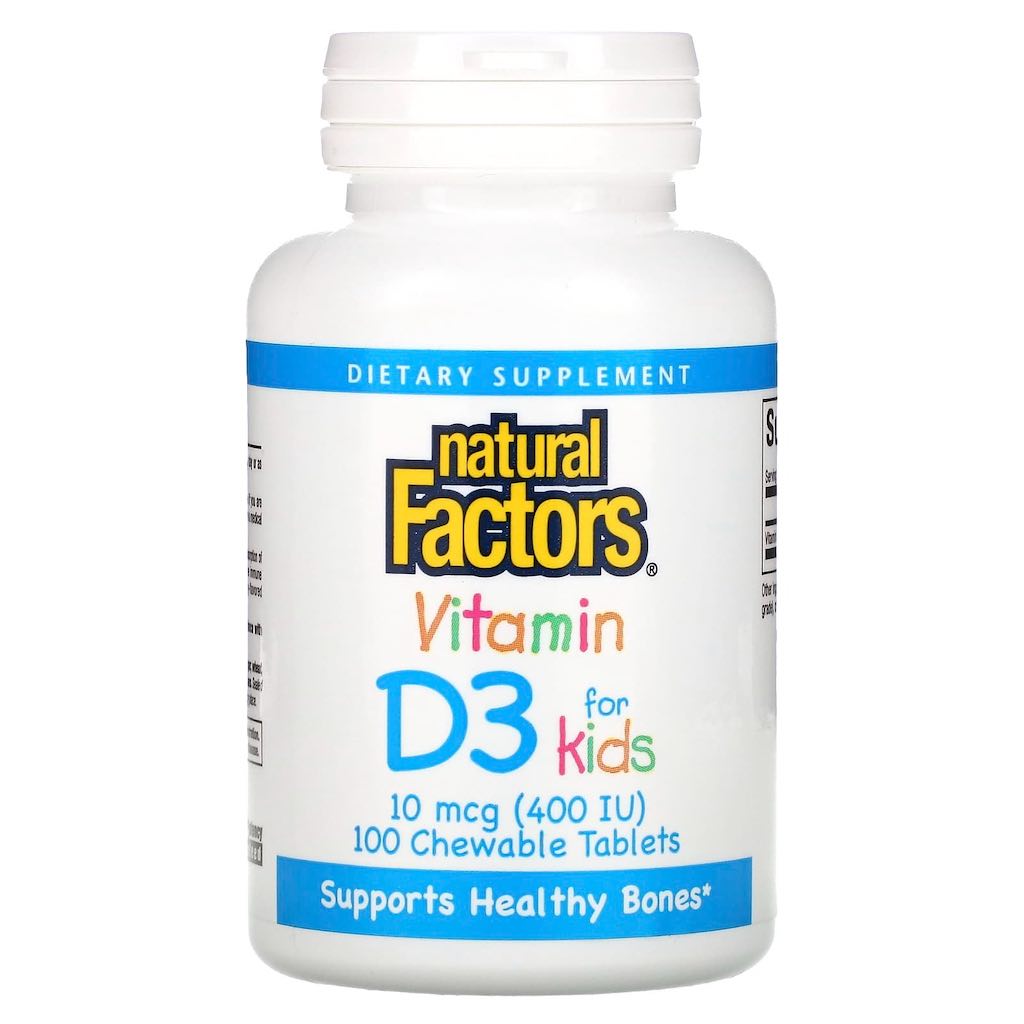
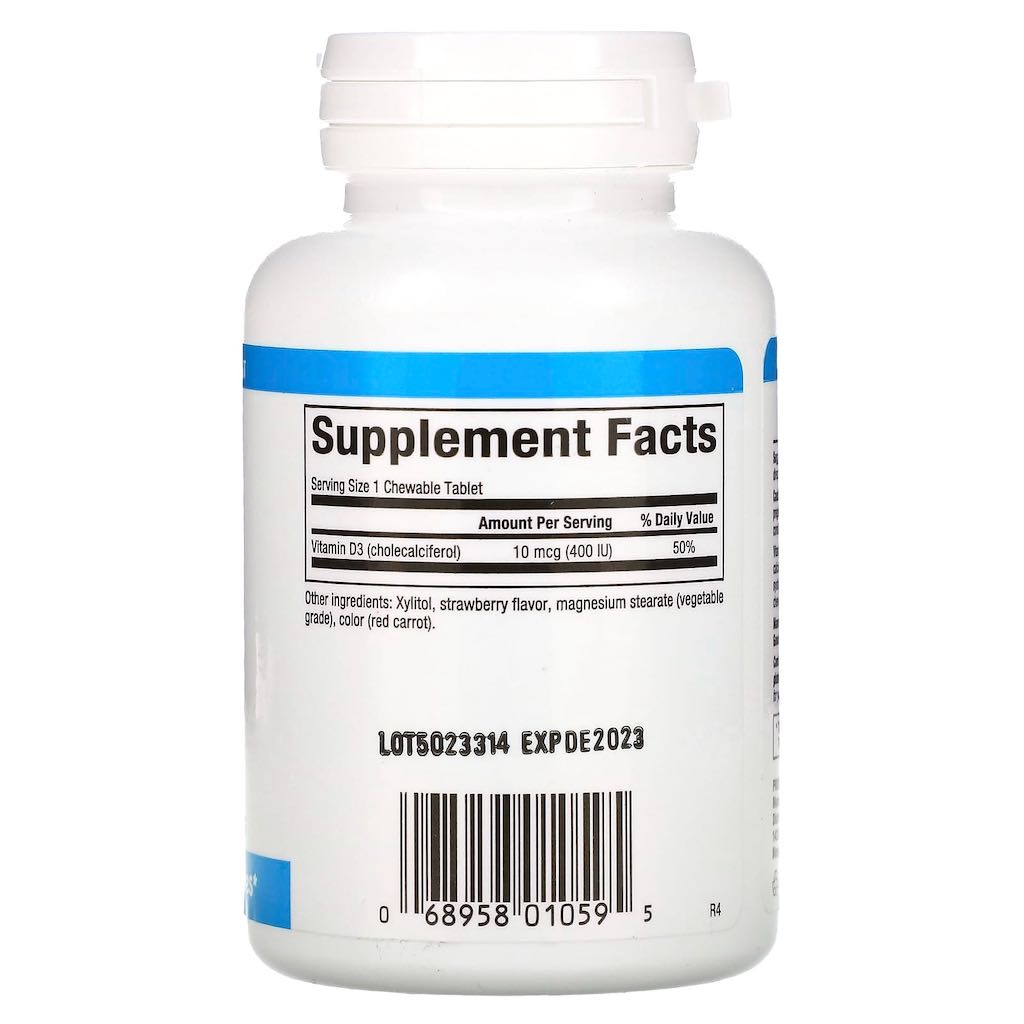
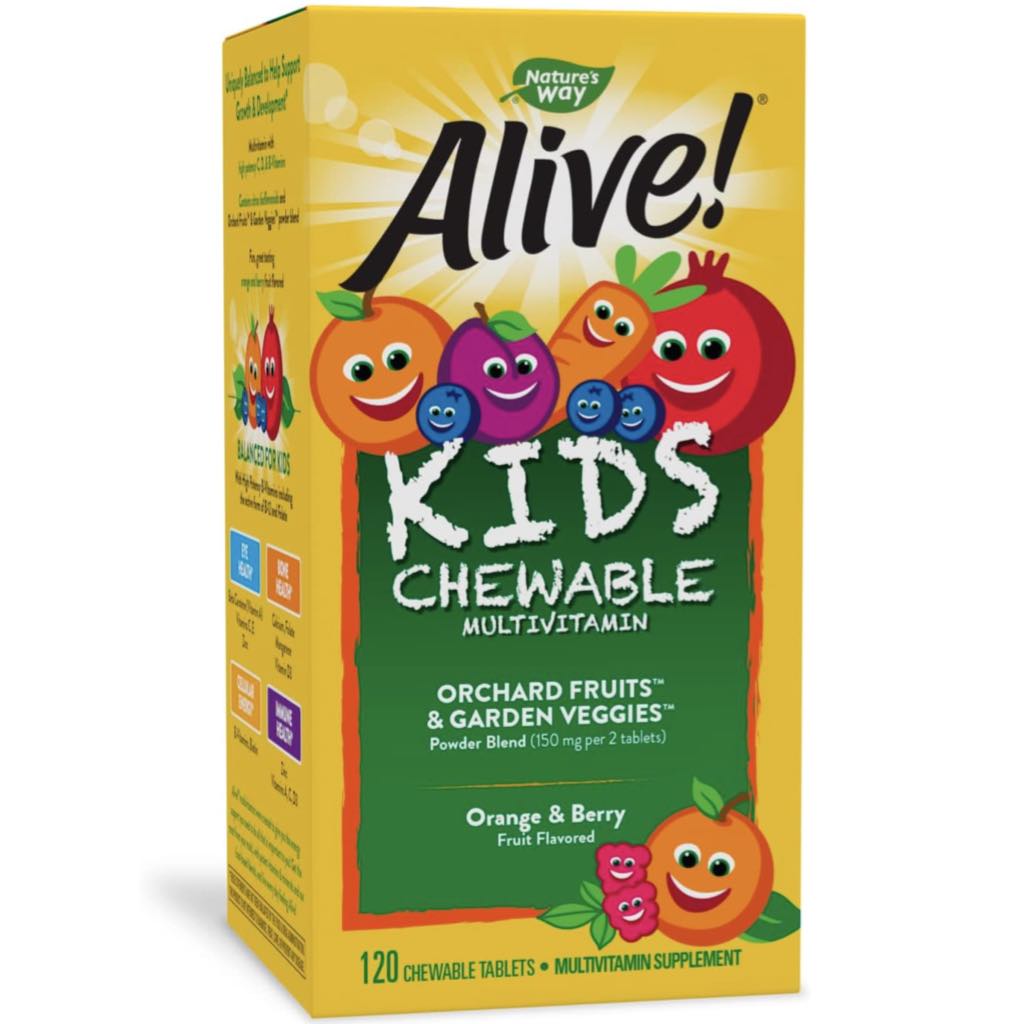
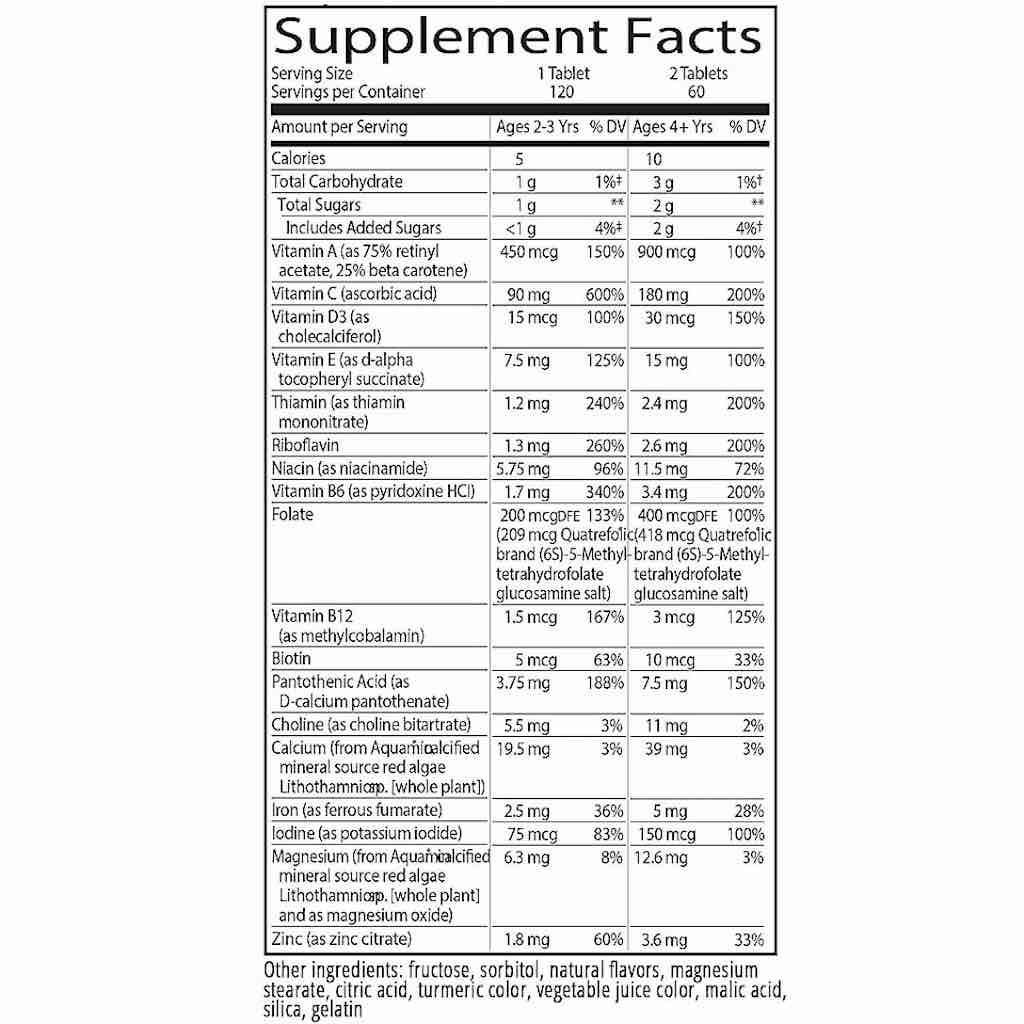



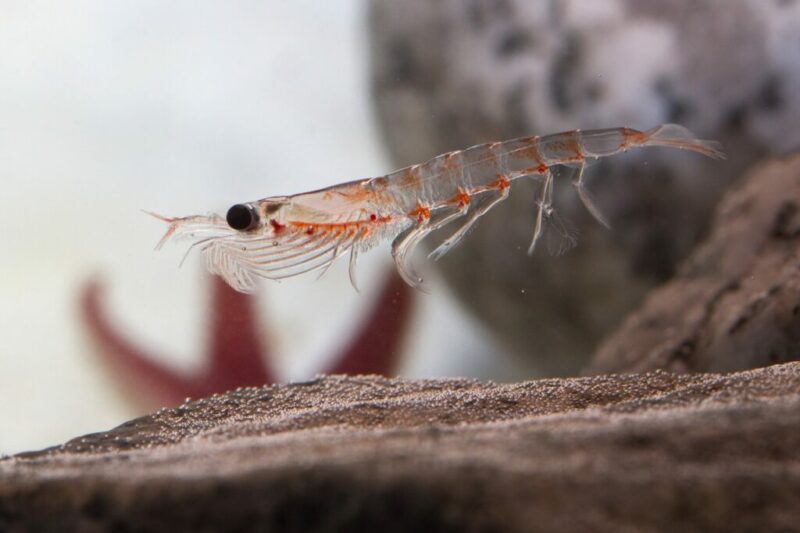



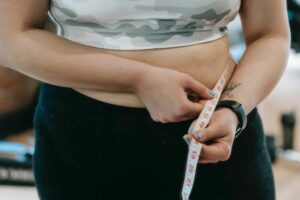
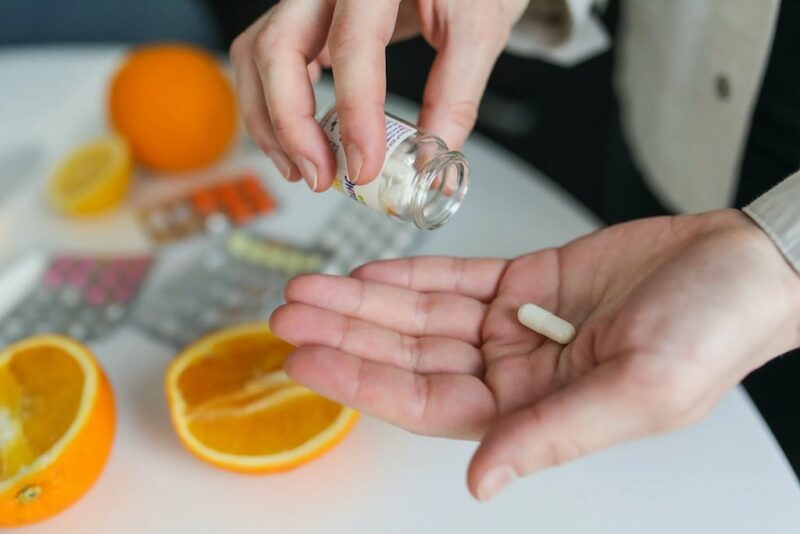



Leave a Reply